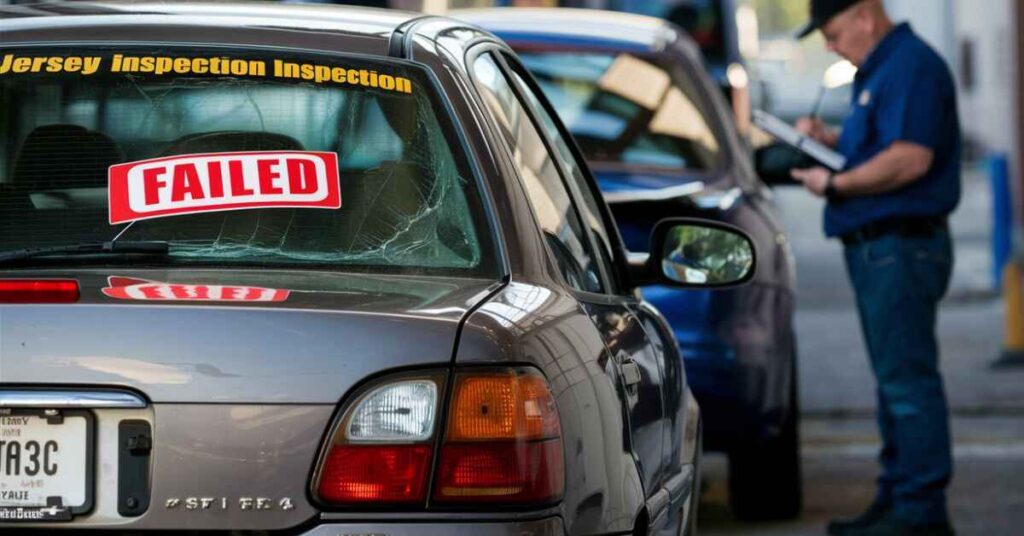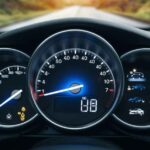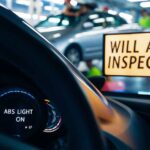In New Jersey, car inspections are a vital part of ensuring road safety and environmental compliance. Whether you are a new driver or a seasoned one, understanding the common reasons for car inspection failures can help you prepare your vehicle and avoid unnecessary hassles. This article provides an in-depth overview of the factors that can lead to a failed car inspection in New Jersey, covering everything from emission system failures to windshield wipers. Let’s dive in.
Emission System Failures
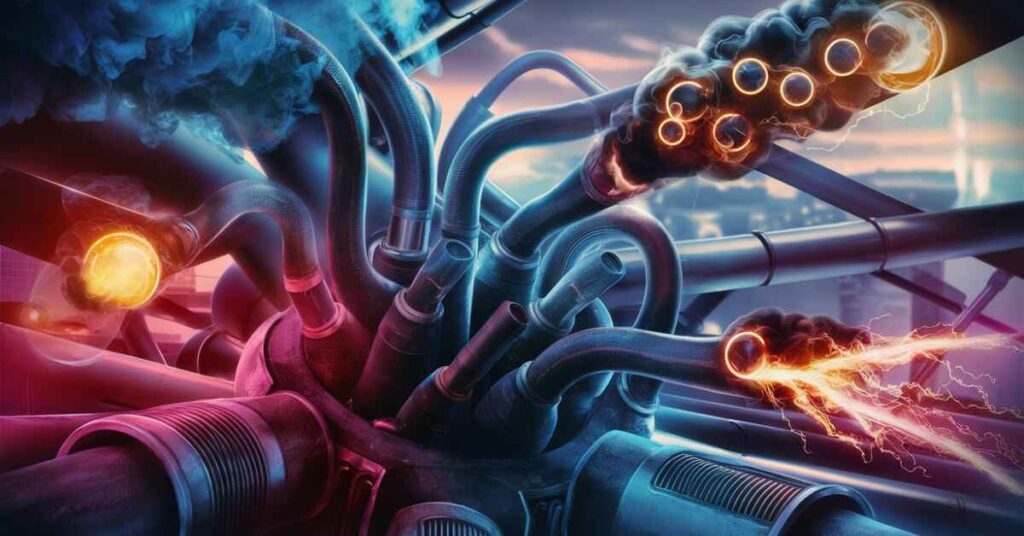
The emission system plays a crucial role in reducing harmful pollutants emitted by vehicles. During a car inspection in New Jersey, the emission system is thoroughly examined to ensure compliance with state regulations. Common reasons for emission system failures include:
Malfunctioning Catalytic Converter: A faulty catalytic converter can lead to higher emissions, resulting in a failed inspection. Regular maintenance and prompt replacement of worn-out catalytic converters are essential.
Oxygen Sensor Issues: Defective oxygen sensors can affect the air-fuel mixture, leading to increased emissions. Replacing faulty sensors can help restore proper engine performance and pass the inspection.
Evaporative Emission Control System Problems: Issues with the evaporative emission control system, such as a loose gas cap or malfunctioning components, can cause fuel vapor leaks and result in inspection failure.
Windshield and Windows
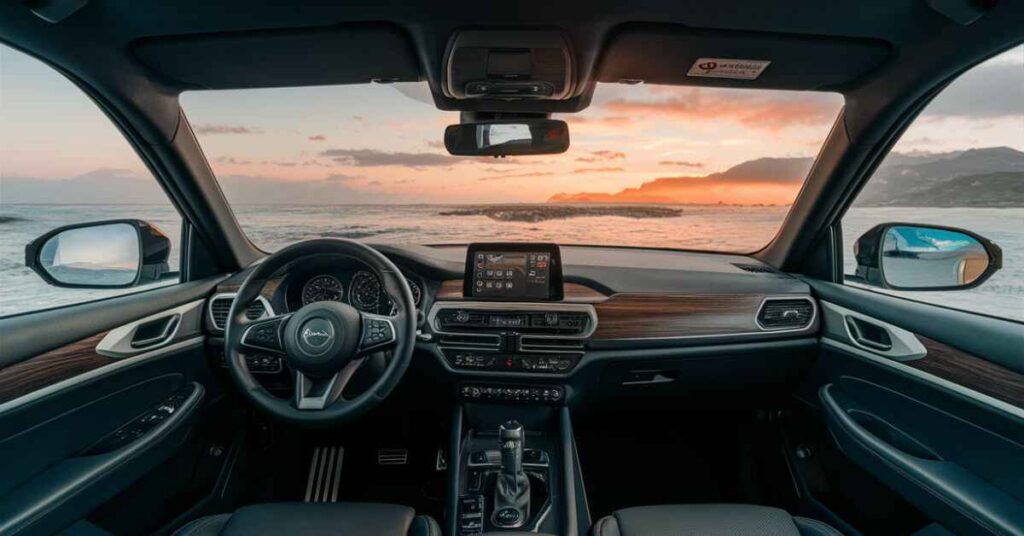
A clear and unobstructed view of the road is crucial for safe driving. During a car inspection in New Jersey, the windshield and windows are inspected for any defects that may impair visibility. Here are some common reasons for windshield and window failures.
Read This Blog: Which Hybrid Car Is Best
Cracked or Chipped Windshield: A cracked or chipped windshield that obstructs the driver’s view can lead to a failed inspection. Repairing or replacing damaged windshields is necessary to ensure safety and compliance.
Tinted Windows: Excessive window tinting that reduces visibility beyond the legal limits can result in inspection failure. It’s important to adhere to the specific tinting regulations set by the state.
Brake System
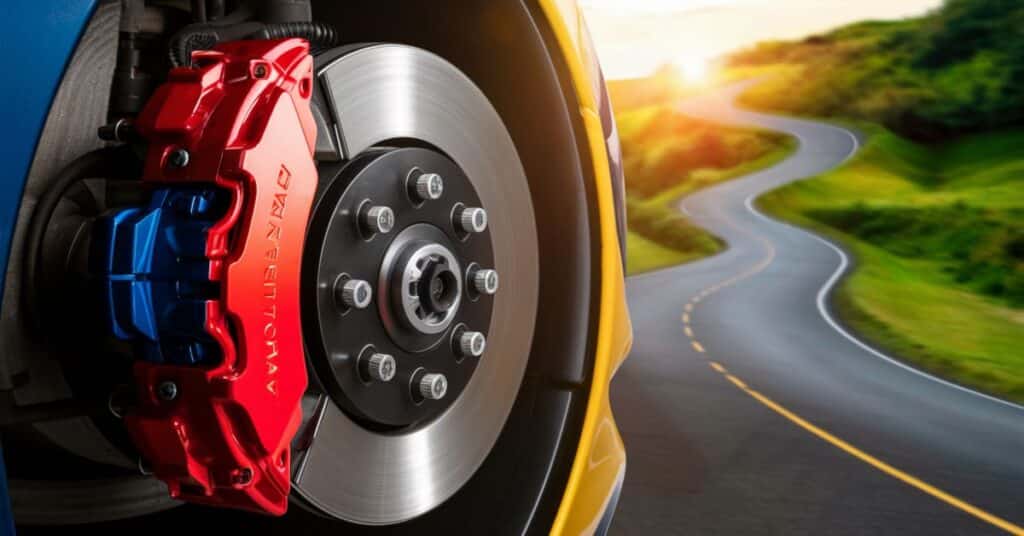
The brake system is a critical component of vehicle safety. During a car inspection the brake system is thoroughly examined to ensure proper functioning. Here are some factors that can lead to brake system failures:
Worn Brake Pads or Shoes: Brake pads or shoes that are excessively worn can compromise braking performance and safety. Regular inspection and timely replacement of worn brake components are essential.
Brake Fluid Leaks: Leaking brake fluid can indicate a problem with the brake lines, calipers, or master cylinder. Proper maintenance and repairs are necessary to prevent inspection failures due to brake fluid leaks.
Inadequate Brake Performance: If the brakes do not provide sufficient stopping power, it can lead to a failed inspection. Brake adjustments or repairs may be required to ensure optimal performance.
Steering and Suspension
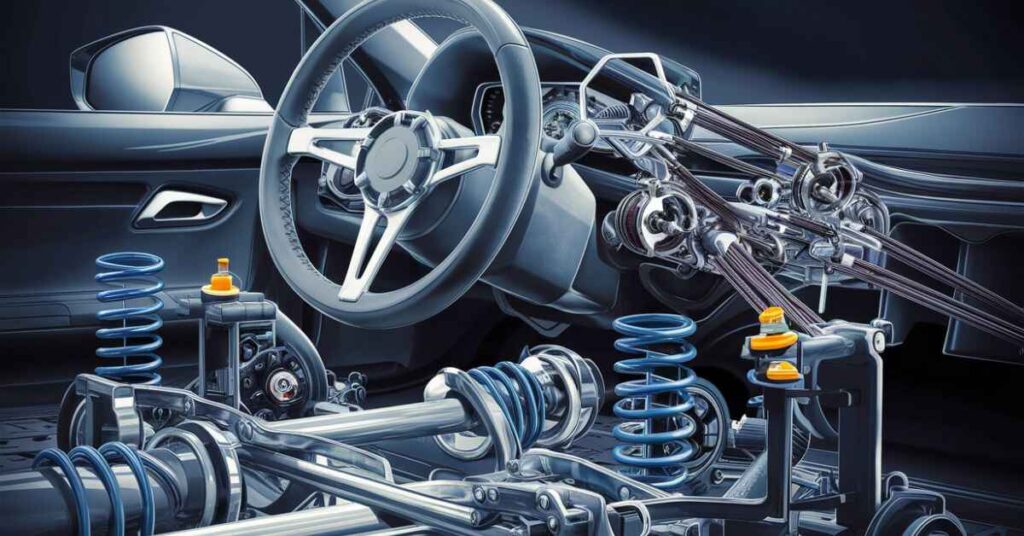
The steering and suspension systems play a crucial role in maintaining vehicle control and stability. During a car inspection these systems are evaluated for any safety concerns. Here are common reasons for steering and suspension failures:
Worn or Damaged Steering Components: Components such as tie rods, ball joints, and steering linkages that are worn or damaged can affect vehicle control and lead to inspection failure. Regular maintenance and timely repairs are necessary.
Excessive Suspension Wear: Worn out shocks, struts or bushings can compromise vehicle stability and handling. Replacing worn suspension components is essential to pass the inspection.
Also Read This Blog: How Much Does It Cost To Replace A Car Window
Tire Condition
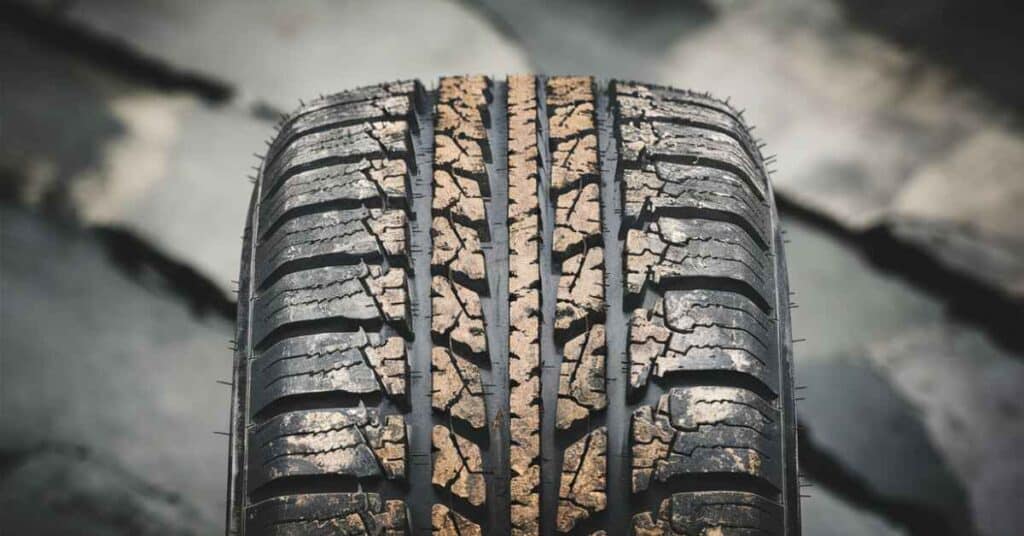
Properly maintained tires are vital for safe driving and overall vehicle performance. During a car inspection, tire condition is thoroughly assessed. Here are factors that can lead to tire-related inspection failures:
Insufficient Tread Depth: Tires with inadequate tread depth are more prone to skidding and hydroplaning, posing a safety risk. Ensuring proper tread depth and replacing worn tires can help pass the inspection.
Uneven Tire Wear: Uneven tire wear patterns may indicate alignment or suspension issues. Regular tire rotations and alignments can help prevent inspection failures due to uneven tire wear.
Light System
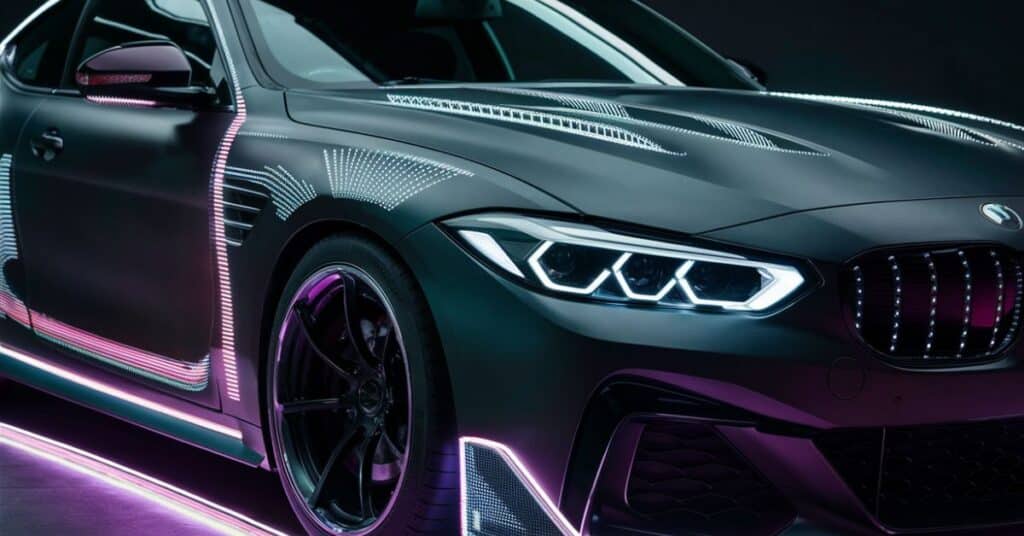
Properly functioning lights are essential for visibility and communication on the road. During a car inspection, various lights are checked for functionality. Here are factors that can lead to light system failures:
Non-Working Headlights, Taillights, or Brake Lights: Non functional or broken lights can compromise visibility and safety. Regularly inspecting and replacing malfunctioning bulbs is necessary.
Misaligned Headlights: Headlights that are misaligned or improperly aimed can blind oncoming drivers or reduce visibility. Proper adjustment of headlights is crucial for passing the inspection.
Safety Belts and Airbags

Safety belts and airbags are crucial safety features that protect occupants in the event of a collision. During a car inspection, these systems are examined for proper functionality. Here are factors that can lead to safety belt and airbag failures.
Damaged Safety Belts: Safety belts that are frayed, torn, or not functioning properly can lead to inspection failure. Regularly inspecting and replacing damaged safety belts is necessary for safety and compliance.
Malfunctioning Airbags: Airbags that are not functioning as intended or have been tampered with can result in inspection failure. Prompt repairs or replacements are essential for proper airbag functionality.
Windshield Wipers
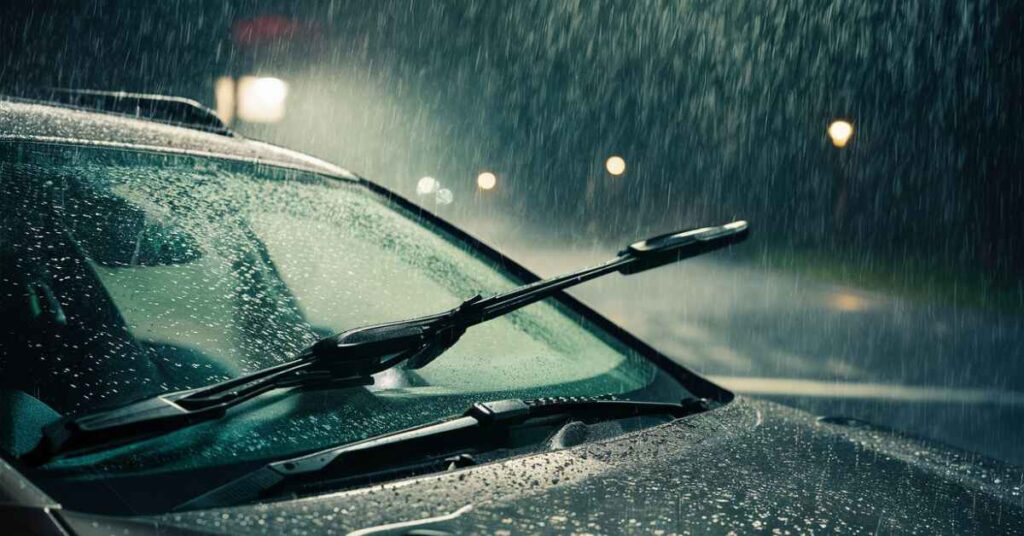
Windshield wipers play a vital role in maintaining visibility during adverse weather conditions. During a car inspection, the condition of windshield wipers is evaluated. Here are factors that can lead to windshield wiper failures:
Worn or Damaged Wiper Blades: Worn out or damaged wiper blades can hinder visibility and compromise safety. Regularly inspecting and replacing worn wiper blades is necessary.
Inadequate Wiper Functionality: Wipers that do not clear the windshield effectively or leave streaks can lead to inspection failure. Ensuring proper wiper functionality is crucial for passing the inspection.
Horn
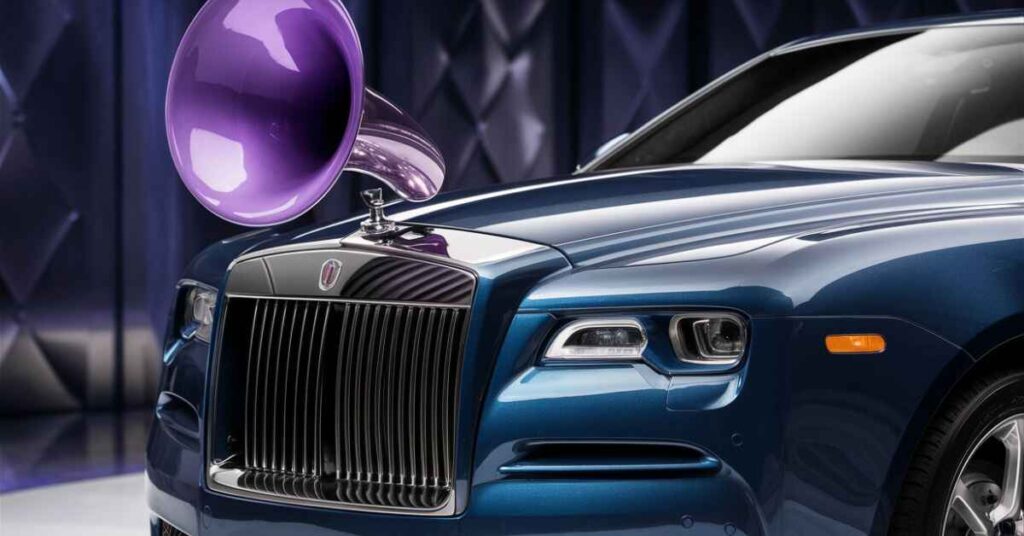
The horn is an essential communication tool on the road, alerting others to potential dangers. During a car inspection, the horn’s functionality is assessed. Here are factors that can lead to horn failures:
Non-Functional Horn: A horn that does not produce sound or is not loud enough can result in inspection failure. Diagnosing and repairing horn issues is necessary for compliance.
Frequently Asked Question
What do they check for in a NJ car inspection?
In a NJ car inspection, they check the vehicle’s emission system, brakes, steering and suspension, tires, lights, windshield, safety belts, and other components for compliance with safety and emission standards.
Can you pass a NJ inspection with a check engine light?
No, you cannot pass a NJ inspection with a check engine light illuminated; the check engine light indicates a problem with the engine or emissions system that needs to be addressed before passing the inspection.
What to bring for a car inspection in NJ?
For a car inspection in NJ, bring your vehicle registration and insurance documents, driver’s license, payment for the inspection fee, and any maintenance or repair records that may be helpful.
How old does a car have to be to not get inspected in NJ?
In NJ, vehicles that are five model years old or newer are exempt from inspection. Once a vehicle reaches its sixth model year, it must undergo annual inspections.
How to pass a NJ car inspection?
To pass a NJ car inspection, address any check engine light issues, perform regular maintenance, replace worn or damaged components, ensure proper functioning of lights and signals, and comply with emission control standards.
What happens if you fail a NJ inspection?
If you fail a NJ inspection, you will receive a rejection sticker and a statement of rejection outlining the reasons for failure. You must make the necessary repairs and bring the vehicle for re-inspection within the specified timeframe to avoid penalties.
Conclusion
Understanding the factors that can lead to a failed car inspection in New Jersey is crucial for maintaining road safety and compliance.
By addressing issues related to emission systems, windshields, brakes, steering tires lights safety belts airbags, windshield wipers, and horns, you can increase the chances of passing the inspection successfully.
Regular vehicle maintenance, prompt repairs, and adherence to state regulations are key to ensuring a smooth inspection process. Stay informed, take proactive measures, and drive safely.

